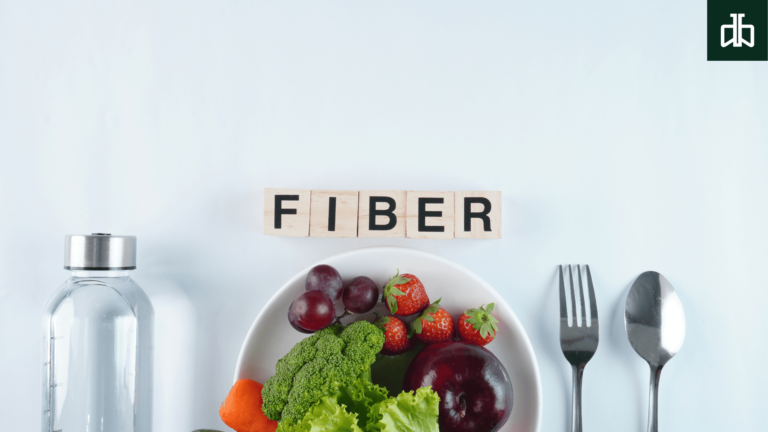In the realm of nutrition, fiber often takes center stage as a hero. It’s praised for its role in promoting digestive health, regulating blood sugar levels, and aiding in weight management. However, like most things in life, too much of a good thing can sometimes lead to undesirable consequences. Here are four signs that you might be overdoing it on the fiber front, along with strategies to find a balance that works for your body.
Digestive Discomfort
While fiber is essential for healthy digestion, excessive intake can lead to bloating, gas, and abdominal discomfort. If you find yourself feeling uncomfortably full or experiencing frequent trips to the bathroom, it might be a sign that you’re consuming too much fiber.Constipation
Ironically, one of the most common symptoms of excessive fiber intake is constipation. Although fiber is often recommended to alleviate constipation, too much of it can have the opposite effect, especially if you’re not drinking enough water. If you’re struggling to stay regular despite your high-fiber diet, it might be time to reassess your intake.Nutrient Malabsorption
Fiber has the unique ability to bind to certain nutrients, including minerals like calcium, magnesium, and zinc. While this can be beneficial in moderation, excessive fiber intake may interfere with the absorption of these essential nutrients, leading to deficiencies over time. If you’re experiencing symptoms of nutrient malabsorption, such as fatigue or weakness, consider whether your fiber intake could be contributing to the problem.Unintended Weight Loss
For some people, consuming too much fiber can lead to unintended weight loss. This is often due to the fact that fiber-rich foods tend to be lower in calories and more filling, which can result in reduced overall calorie intake. While weight loss may be a goal for some individuals, losing weight unintentionally can be a cause for concern, especially if it’s accompanied by other symptoms of excessive fiber intake.What to Do If Fiber Is Causing You Problems
If you suspect that your high-fiber diet is causing you problems, there are several steps you can take to find relief:Gradually Reduce Your Fiber Intake
Instead of cutting fiber out of your diet entirely, try gradually reducing your intake to see if your symptoms improve. Focus on incorporating more low-fiber foods into your meals, such as lean proteins, fruits without skins or seeds, and cooked vegetables.Drink Plenty of Water
Fiber absorbs water as it moves through your digestive system, so staying hydrated is essential for preventing constipation and promoting regularity. Aim to drink at least eight glasses of water per day, and consider increasing your intake if you’re consuming a high-fiber diet.Monitor Your Symptoms
Keep track of your symptoms and how they change in response to adjustments in your fiber intake. This can help you identify which foods or dietary habits might be contributing to your discomfort and guide you in making informed decisions about your diet.View this post on InstagramA post shared by Dt. Vaishali Goyal | Dietitian & Diabetes Care Specialist (@nutrimentbyvaishali)







